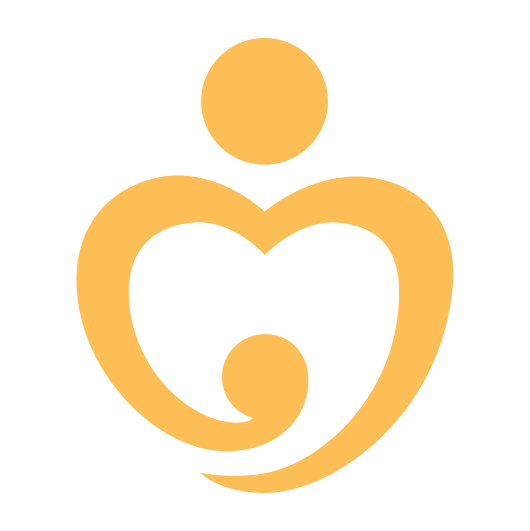
-
One Heart Worldwide was established as a 501(c)(3) non-profit in 2004 and the Nepal programs were established in 2010.
At One Heart Worldwide, we work to save the lives and promote the well-being of mothers and their newborns in underserved areas of rural Nepal.
We are transforming maternal and neonatal healthcare across Nepal in partnership with the Government of Nepal.
-
By 2030, we will impact one third of Nepal’s pregnancies.
We are improving access to quality maternal healthcare through many different activities including but not limited to:
Upgrading rural Birthing Centers
563 upgraded since 2030
Training Skilled Birth Attendants
605 trained since 2010
Training Community Outreach Providers
18,216 trained since 2010
Training Community Stakeholders
15,519 trained since 2010
-
Our model is called the Network of Safety.
In our first decade (2010 - 2020), we developed and refined a high-impact model that can scale sustainably throughout Nepal.
Our results demonstrate that local communities want our solution and that an effective, locally-led, and equitable MNH system in some of the most disenfranchised regions in the world can be achieved cost-effectively and adopted in full.
In the last three years, we have achieved exponential growth. In 2021 alone, we reached 23% of the total number of pregnancies we have reached since 2010.
-
Our solution is based on the philosophy of midwifery, which holds the pregnant woman at the center of care.
Local governments and community partners are at the core of our success and sustainability.
Evidence continues to confirm our impact is long lasting and financially sustainable.
Our 6-year model is time-bound with a clear exit strategy for philanthropy.

How You Can Help
〰️
How You Can Help 〰️
All December long, we will be sharing videos from our community as they answer the question: “Why One Heart?”
Make sure to follow us to see all of the heartfelt answers from interns, staff members, and Young Professional Board members alike!
Join us for an Instagram live with our partner, Thankyou, on December 8 @ 3 pm Pacific / 6 pm Eastern (for our U.S. audience) and December 9 @ 10am Australian Eastern time (for our AU audience).
We will discuss our long time partnership and celebrate Human Rights Week by discussing why healthcare, poverty, and what we can do to help.
Our goal is to raise $75,000 before January 1.
That is equivalent to building three rural birthing centers in Nepal. Spread the word! We know that we can’t do what we do without the support of community, far and wide.
The easiest way to motivate friends and family to give is through a Facebook fundraiser! Click the button to the right to learn how to set up a Facebook fundraiser.
If you’re an instagram user, there is a fundraising feature you can use - both for feed posts and stories. You can utilize the link: bit.ly/ohwdonate when using the “link” button on your Instagram story.

Learn More About Maternal Healthcare in Nepal:
-
In this paper, the authors discuss that Nepal made impressive progress in reducing maternal mortality up until 2015. Since then, progress has stagnated, coinciding with Nepal’s transition to a federation with significant devolution in health management.
The authors conducted interviews to solicit perspectives on policies responsible for the reduction in maternal mortality, reasons for the stagnation in maternal mortality, and interventions needed for a faster decline in maternal mortality.
-
Nepal’s constitution has ensured the following health rights:
(1) Every citizen shall have the right to free basic health services from the State, and no one shall be deprived of emergency health services.
(2) Every person shall have the right to get information about his or her medical treatment.
(3) Every citizen shall have equal access to health services.
(4) Every citizen shall have the right of access to clean drinking water and sanitation.
-
This study is a further analysis of the 2016 Nepal Demographic and Health Survey (2016 NDHS).
The primary objective of the further analysis of the 2016 NDHS is to provide more in-depth knowledge and insights into key issues that emerged from the survey. This information provides guidance for planning, implementing, refocusing, monitoring, and evaluating health programs in Nepal. The longterm objective of the further analysis is to strengthen the technical capacity of local institutions and individuals for analyzing and using data from complex national population and health surveys to better understand specific issues related to country need.










